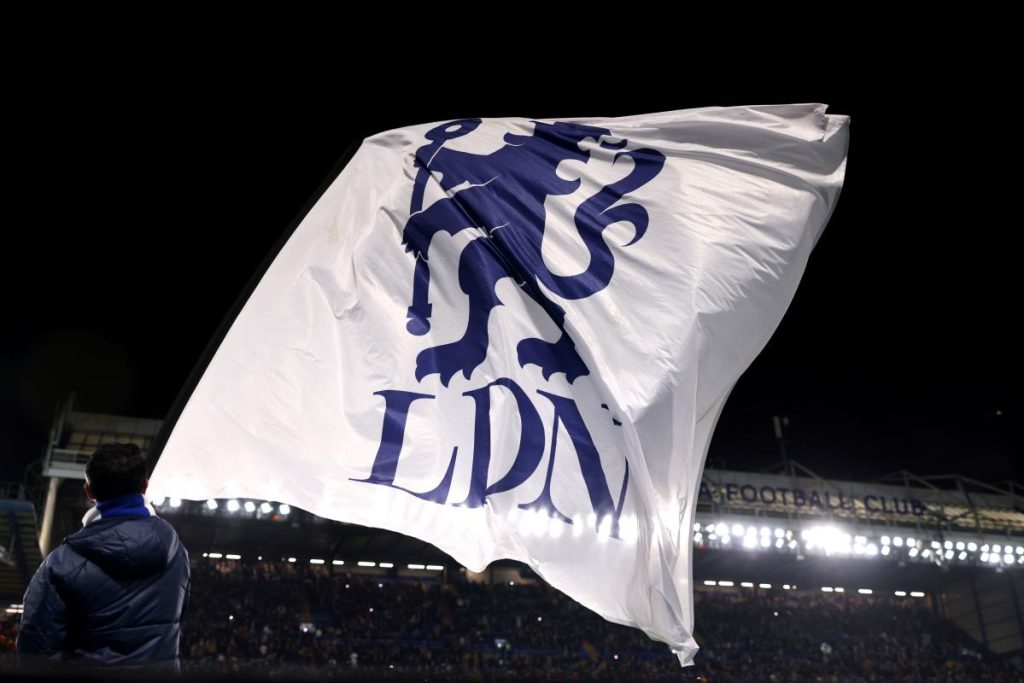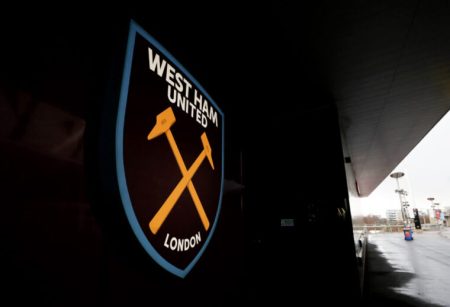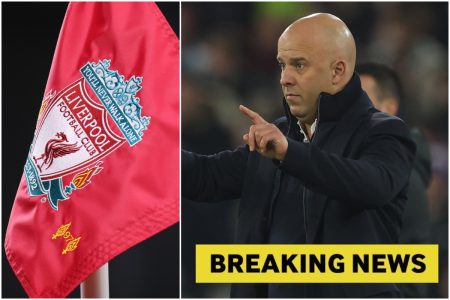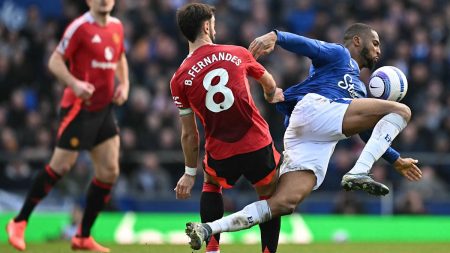Chelsea’s Missed Opportunity: The £40m Nico O’Reilly Deal
Chelsea, the Premier League champions, faced a significant setback in their quest for midfield reinforcements when their bid for Manchester City’s young star, Nico O’Reilly, was rejected. According to Stefan Borson, a former financial advisor to Manchester City, Chelsea had made an approach for the 19-year-old midfielder, but City insisted on including a buy-back clause and a percentage of any future sale. Chelsea, perhaps wary of the stipulations, opted instead to sign Mathis Amougou from St Etienne. This decision has left many wondering if the Blues might reconsider their position come the summer transfer window.
The Context: Injuries and Strategic Needs
The decision to pursue O’Reilly was driven by necessity rather than luxury. Chelsea has been grappling with significant injury issues, particularly in midfield, with Romeo Lavia’s prolonged absence putting immense pressure on Moises Caicedo and Enzo Fernandez. The club’s need for depth and versatility was evident, and O’Reilly, with his potential and promise, seemed like an ideal candidate to address these concerns. However, the club’s reluctance to meet City’s demands suggests a cautious approach, possibly influenced by financial and strategic considerations.
City’s Perspective: Avoiding Another Cole Palmer Scenario
From Manchester City’s standpoint, the decision to retain O’Reilly was strategic and forward-thinking. David Ornstein, a respected football journalist, highlighted that keeping O’Reilly was one of City’s best moves in the transfer window. The club was keen to avoid a repeat of the Cole Palmer situation, where a young talent was allowed to leave without adequate protection. Palmer, who joined Bayer Leverkusen, has since shown his potential, and City is determined not to let history repeat itself. This underscores the club’s commitment to nurturing and protecting its young talents, even if it means rejecting lucrative offers.
The Financial Angle: A £40m Proposition
According to Borson, Manchester City would have accepted a £40 million offer for O’Reilly, provided Chelsea agreed to a buy-back clause and a percentage of any future sale. This valuation reflects O’Reilly’s potential and the market demand for young, talented midfielders. For Chelsea, the price tag and the conditions attached were likely too steep, especially given the club’s existing midfield depth and financial regulations. The Premier Salary Reduction (PSR) rule, which limits spending, may have also played a role in Chelsea’s decision.
Future Prospects: Chelsea’s Ongoing Interest
Despite the setback, Chelsea’s interest in O’Reilly remains strong. The club is known for its proactive approach to talent acquisition, and it is likely that they will revisit the deal in the summer transfer window. The summer market provides more flexibility, and Chelsea may be in a better position to meet City’s demands. Additionally, the club is keeping a close eye on other young talents, such as Sporting Lisbon’s Dario Essugo, indicating a broader strategy to strengthen the midfield in the long term.
Conclusion: A Strategic Decision with Future Implications
The missed opportunity to sign Nico O’Reilly highlights the complex nature of modern football transfers. While Chelsea’s decision to prioritize financial prudence and strategic planning is understandable, the club’s ongoing interest suggests that the pursuit of young, high-potential talents remains a priority. As the season progresses and the summer transfer window approaches, fans and observers will be watching closely to see if Chelsea can secure the services of O’Reilly or other promising young players to bolster their squad. The future of Chelsea’s midfield and the club’s overall competitiveness may well depend on how they navigate these crucial transfer decisions.











